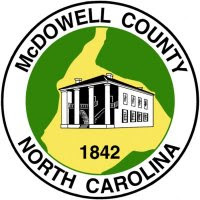To apply for FEEP, an Interest Form needs to be completed by March 31
Again, with the energy audit, you can apply for a USDA-REAP grant. REAP is a program to assist farmers and rural small businesses with energy projects. This program provides grants and guaranteed loans for renewable energy systems and energy efficiency improvement projects. Typically, projects must show a 20% savings in energy audit to score well enough to receive funding.
REAP projects
- must be located in a rural area.
- must be for a pre-commercial or commercially available and replicable technology.
- must be technically feasible.
- must have sufficient revenue to provide for operation and maintenance.
- the applicant must be the owner of the project and control the operation and maintenance of the proposed project.
